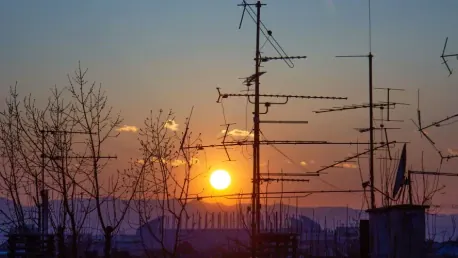In a major legislative shift, Moldova’s Ministry of Energy has announced the repeal of long-standing Soviet-era energy regulations, signaling a significant leap toward modernization and self-sufficiency in the country’s energy sector. This decision, detailed in the Official Journal, marks the end of an era where outdated Soviet normative-technical documents governed Moldova’s energy protocols. The Ministry replaced these antiquated guidelines with a comprehensive national regulatory framework developed by the National Agency for Energy Regulation (NAER). This innovative framework institutes modern safety protocols for electrical installations and manages the operation of power plants and grids in alignment with contemporary standards and practices.
These newly developed regulations represent a pivotal step in aligning Moldova’s energy regulatory measures with current national needs and international standards. By abandoning the reliance on obsolete Soviet guidelines, Moldova is heralding an era of increased coherence, regulatory efficiency, and enhanced safety in its energy sector. The emphasis on modern safety protocols underscores the Ministry’s commitment to securing the national energy infrastructure against potential threats and ensuring reliable service delivery. Consequently, Moldova’s energy sector is better positioned to support the country’s socio-economic development and integration into the broader European energy market.
The Ministry of Energy’s actions not only signify a regulatory upgrade but also symbolize Moldova’s broader socio-economic evolution. Aligning with international standards, these regulatory changes promise a more structured approach to energy supervision, fostering a secure and transparent energy environment. This move reflects a broad push towards modernization, showcasing Moldova’s efforts to build a resilient and self-reliant energy framework. As the country distances itself from outdated Soviet norms, it embraces a forward-thinking stance that prioritizes regulatory coherence, safety, and national energy independence.









